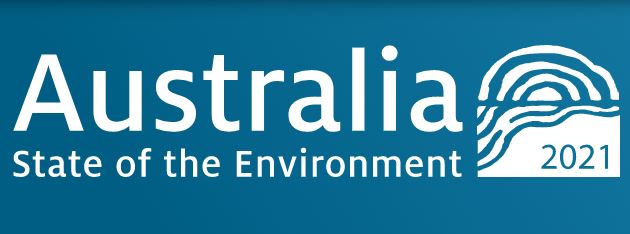The SoE is an independent and evidence-based review, delivered every 5 years as a requirement of the EPBC Act, providing a comprehensive and authoritative assessment of the state of Australia’s environment. It aims to help shape policy and action, influence behaviour and assists in assessing our interventions as stewards of the Australian environment.
The Marine chapter of the state of the environment (SoE) report provides an overarching synthesis of the state and trend of Australia’s marine environment, key pressures on the environment, and the management structures that are in place to support the sustainability of the marine environment and marine industries. For the first time, it also aims to integrate Indigenous knowledge and perspectives. It was led by CSIRO-based CMS researchers (acting as independent experts on behalf of the Department of Climate Change, Energy, the Environment and Water) and written in collaboration with more than 200 marine experts from around Australia, including Traditional Owners.
Key findings from the chapter are that:
Four of the lead authors for the chapter are CMS members (Rowan Trebilco, Mibu Fischer, Karen Evans and Alistair Hobday), and an additional 12 CMS members authored assessments and case studies (i.e. were “contributing authors”): Scott Condie, Anna Farmery, Beth Fulton, Denise Hardesty, Marcus Haward, Mark Hemer, Cayne Layton, Barb Nowak, Em Ogier, Gretta Pecl, David Smith and Chris Wilcox. Ingrid van Putten, Rich Little, Mark Hemer and Jo Vince also contributed as peer reviewers of assessments/case studies.
Find report here

